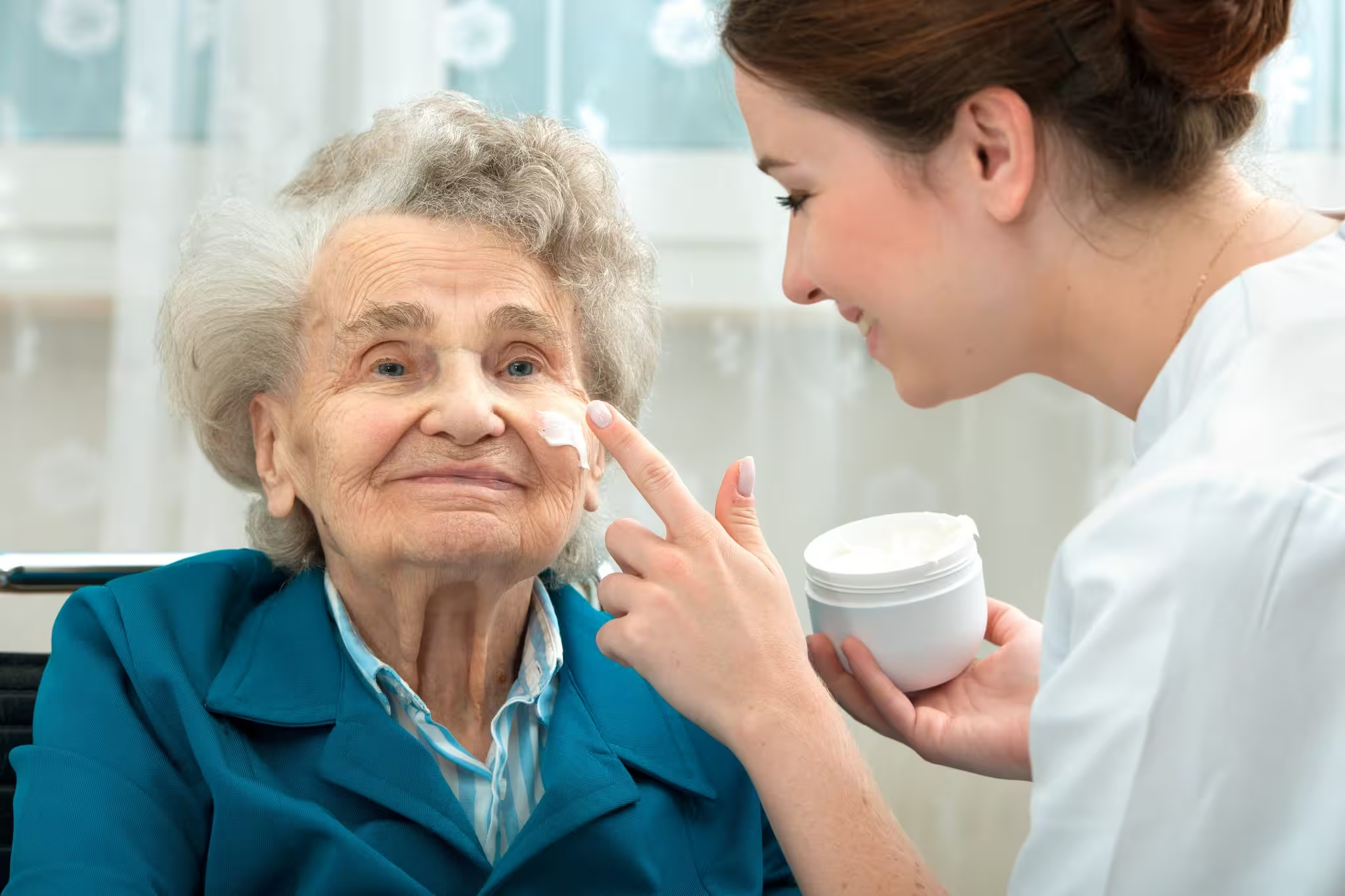Getting older brings changes to your teeth and gums. Brushing might not feel the same anymore, or maybe your mouth feels dry more often. Questions about dental care are common for seniors. Whether you're keeping your natural teeth or using dentures, understanding how to care for your mouth can make life easier. This guide helps you learn about the changes that come with age, how to handle them, and what small daily steps can keep your smile strong.
Dental Challenges as We Age
Teeth go through years of wear and tear, which shows up in different ways. Cavities remain a concern and can actually increase with age. Gums might pull back, exposing roots that are more vulnerable to decay. Gum disease can start with hardly any signs but can lead to infections and even tooth loss if left untreated. Dry mouth often pops up as well, since saliva production tends to decrease, but saliva is key for keeping bacteria and food particles at bay.
The risk of oral cancer also grows. This might look like a sore that doesn't heal or a discolored patch inside the mouth. Although less common, catching it early matters. On top of that, tooth enamel gets thinner over time, which makes teeth more likely to chip, crack, or feel sensitive. Adjusting habits, like steering clear of hard foods, can help prevent sudden issues.
Why These Problems Happen
Medications play a big role in senior oral health. Many prescriptions, from those for blood pressure to antidepressants, reduce saliva, leading to dry mouth. Chronic conditions like diabetes can worsen gum problems. Difficulty with movement or arthritis can make brushing and flossing harder, which means plaque and bacteria build up faster. Even your diet impacts your teeth—sugary snacks or drinks can sneak in and leave behind trouble.
Tobacco use, whether current or long-term, adds another layer of risk. Smoking or chewing tobacco makes gum disease and oral cancer more likely, and it can stain teeth or cause bad breath. Making a change like quitting tobacco can make a huge difference for your teeth and overall health.
Healthy Routines for Your Teeth
Taking care of your teeth as you age doesn't need to be complicated. Use a fluoride toothpaste and a soft-bristle brush to clean gently but thoroughly twice a day. Floss every day, even if it's not your favorite task—tools like floss picks or water flossers can make it easier to reach tight spaces. For those with arthritis or limited hand strength, electric toothbrushes can do most of the work for you.
Drinking water throughout the day helps keep your mouth hydrated, especially if dry mouth is a problem. Sugar-free gum can also boost saliva, while cutting back on caffeine or alcohol may prevent further dryness. What you eat matters too. Crunchy fruits and vegetables, like apples and carrots, can naturally scrub teeth, while dairy products strengthen them with calcium. Sugary and acidic foods should be limited to protect enamel.
Seeing the dentist regularly, not just when you're in pain, is key to staying ahead of problems. Professional cleanings and exams help catch trouble early, from small cavities to signs of gum disease. Many dental offices offer support like longer appointment times or tools to help make visits comfortable for older patients.
Care for Dentures and Partials
Dentures need their own cleaning routine to keep them in good shape. Brushing them daily removes food and plaque, and soaking them overnight in a special solution keeps them fresh. Cleaning your gums with a soft toothbrush or damp cloth is just as important. This keeps the tissue underneath healthy.
Partial dentures bring another challenge since they attach to natural teeth. Keeping those anchor teeth free of plaque ensures a secure fit and prevents decay. If dentures feel loose or cause discomfort, visiting the dentist for an adjustment can help avoid irritation or sores.
Dental implants require attention too. Cleaning around the implant posts with tools like interdental brushes can remove debris that collects in hard-to-reach spots. Regular dentist check-ups make sure implants stay healthy and working well.
Keeping Oral Health on Track
Oral health for seniors doesn't have to be overwhelming. Small habits, done daily, can prevent bigger problems down the line. When teeth and gums feel good, things like eating, speaking, and even smiling come more easily. Support is out there, whether from a family member lending a hand with brushing or a dentist who understands the specific needs of aging mouths.
Healthy teeth are worth the effort, and every step counts. With a little consistency, your smile can stay strong for years to come.



